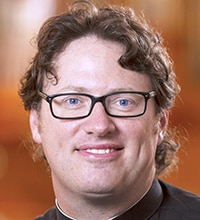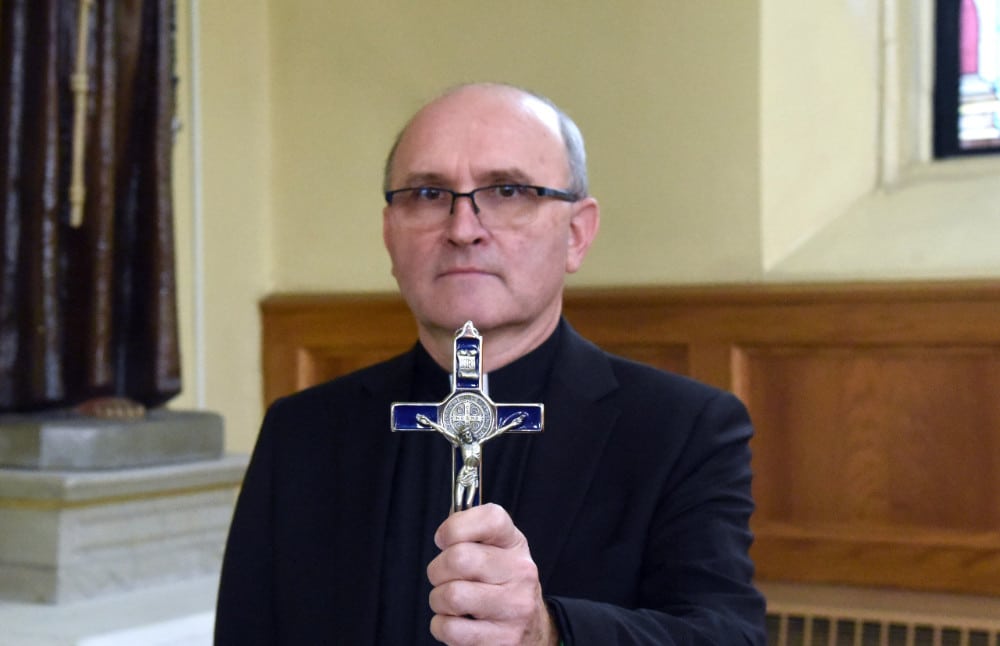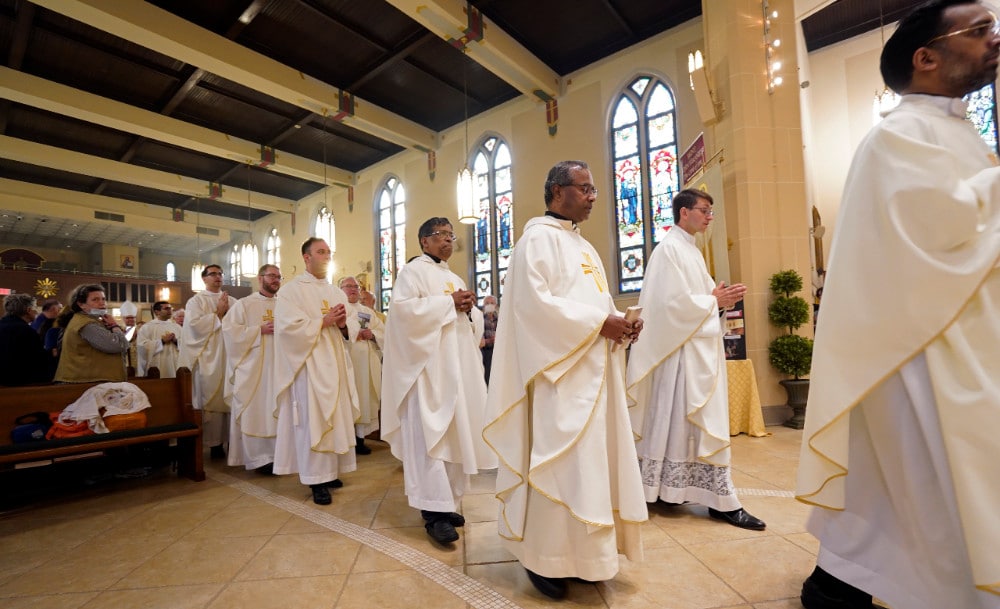 A strange peace, undoubtedly. It’s a peace that’s disruptive.
A strange peace, undoubtedly. It’s a peace that’s disruptive.
It’s strange because that’s not how we normally think of peace. Usually, we think peace is the absence of conflict, thinking it a sort of calm, always affable, serenity. Where there is peace, there are no quarrels, certainly no violence. That’s what we usually think of as peace.
And, of course, the New Testament is full of talk about peace. Christianity, so we say, offers peace that passes understanding (cf. Phil 4:6). Jesus himself gives believers peace (cf. Jn 20:19-29). That’s what’s so confusing. Why is Jesus here saying something on the surface so un-Jesus-like? Does Jesus bring peace or doesn’t he? Obviously, it’s the definition of peace that’s at issue. Is the peace Jesus talks about, the peace we read about in the New Testament, what we normally mean when we talk about peace as the absence of conflict? Clearly not. But how are we to understand the difference?
| August 14 – 20th Sunday in Ordinary Time |
|---|
|
Jer 38:4-6, 8-10 |
We should begin by noticing how the Passion of Christ relates to the peace of Christ. We see this clearly in John’s Gospel after Easter when Jesus says, “Peace be with you.” He says this while showing the disciples his wounds — as if the peace he’s giving is the fruit of those wounds. In this passage from Luke, it’s interesting that an allusion to the Passion (that’s what his talk about baptism alludes to) also precedes this strange talk not of peace but a sword.
The peace that Jesus gives after his resurrection seems to be fundamentally different from the peace the world gives. The peace Jesus gives is the peace born of forgiveness and reconciliation. Jesus’s peace is the fruit of mercy. That’s the peace that Paul said passes understanding. It is something wholly different from what we normally mean by peace. When this peace enters the world, some will react to it negatively. And that’s because it’s a peace that’s not built upon the mere absence of conflict but rather upon truth.
Martin Luther King Jr. said the difference was between true peace and negative peace. The latter was simply the absence of conflict. True peace is different, “not merely the absence of some negative force — war, tension, confusion, but it’s the presence of some positive force — justice, goodwill, the power of the kingdom of God,” King said.
That’s what Christian peace is in relation to the peace the world offers. In the fellowship of the Risen Christ, in the communion of believers who’ve experienced God’s mercy and who’ve truly forgiven one another — not hiding from the truth of sin and what sin has done (remember Jesus showed his wounds!) — in that body of believers is peace beyond understanding. And that’s a different sort of peace than the negotiated peace, the ceasefires and treaties we normally misname peace.
As Christians, we will still suffer persecution. Many in the world will not grasp this peace; they’ll not want it. Some will even be quite hostile to it, even some who are close to us. And that’s because we’re used to truth remaining in darkness; light, we think sometimes, is too unbearable, too painful. And sometimes, we fight that light with all our might. This is what I think Jesus was getting at — that Christian peace is different and the world’s not going to accept it easily. So buckle up. Because of this peace, we’re called to bear witness. And sometimes that means martyrdom. But no fear, because for we believers, our wounds rise in peace.
Father Joshua J. Whitfield is pastor of St. Rita Catholic Community in Dallas and author of “The Crisis of Bad Preaching” (Ave Maria Press, $17.95) and other books.







